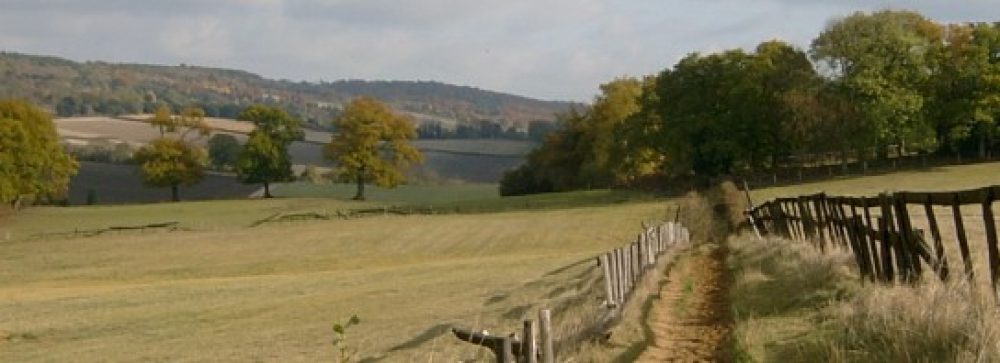This week’s phrase is from Exodus 21:24:
Eye for eye, tooth for tooth, hand for hand, foot for foot
When this verse was given, punishment by the state for crime was usually excessive and so it was to ensure that the punishment fitted the crime – that justice was done.
Today it is generally used to state ones personal entitlement to revenge rather than justice!



